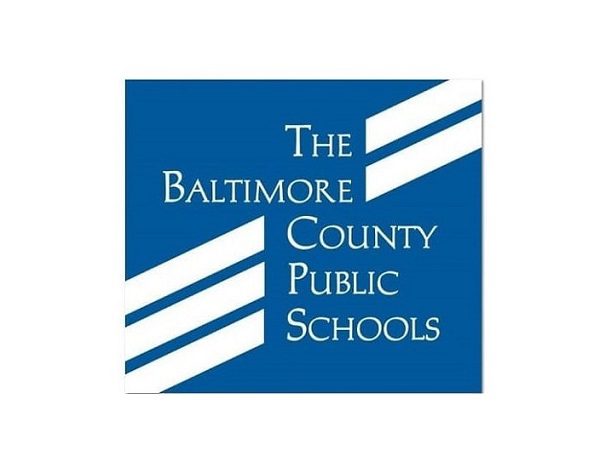TOWSON, MD— Baltimore County Public Schools has been honored with the Best Communities for Music Education designation from The NAMM Foundation for its outstanding commitment to music education. This is the 17th consecutive year that BCPS has earned this recognition.
Now in its 24th year, the Best Communities for Music Education designation is awarded to school systems that demonstrate outstanding achievement in efforts to provide music access and education to all students. To qualify for the Best Communities designation, BCPS answered detailed questions about funding, graduation requirements, music class participation, instruction time, facilities, support for the music program, and community music-making programs. Responses were verified with school officials and reviewed by The Music Research Institute at the University of Kansas.
“Music education is alive and well in Baltimore County Public Schools,” said Sherri Fisher, director of BCPS Career & Technical Education and Fine Arts. “Receiving this national recognition for the 17th consecutive year is evidence of the remarkable collaboration and commitment exemplified by the music education community in BCPS.”
“I am so proud that BCPS offers such a challenging and engaging music education experience for our students,” said BCPS Superintendent Dr. Darryl L. Williams. “We know that this program is essential to their overall success as students and to their wellbeing and personal development. I salute our outstanding music educators and students for continuing our legacy of excellence in music education.”
BCPS students can choose among extensive offerings including courses in music and audio technology, world music, and Advanced Placement Music Theory. Students perform throughout the community in choral groups, jazz ensembles, steel pan ensembles, orchestras, marching bands, ukulele, and student composition. In addition, partnerships with the area’s leading arts organizations provide opportunities to see and interact with professional musicians.
Research into music education continues to demonstrate educational/cognitive and social skills benefits for children who make music. Researchers found that participants with two years of music education showed more substantial improvements in reading scores than their less-involved peers and that students who are involved in music are more likely to graduate high school and attend college. Everyday listening skills are stronger in musically trained children than in those without music training. Significantly, listening skills are closely tied to the ability to perceive speech in a noisy background, pay attention, and keep sounds in memory.
Experts say music education has shown to be critical to engaging students, building relationships, and creating a foundation for academic learning.
Do you value local journalism? Support NottinghamMD.com today.

